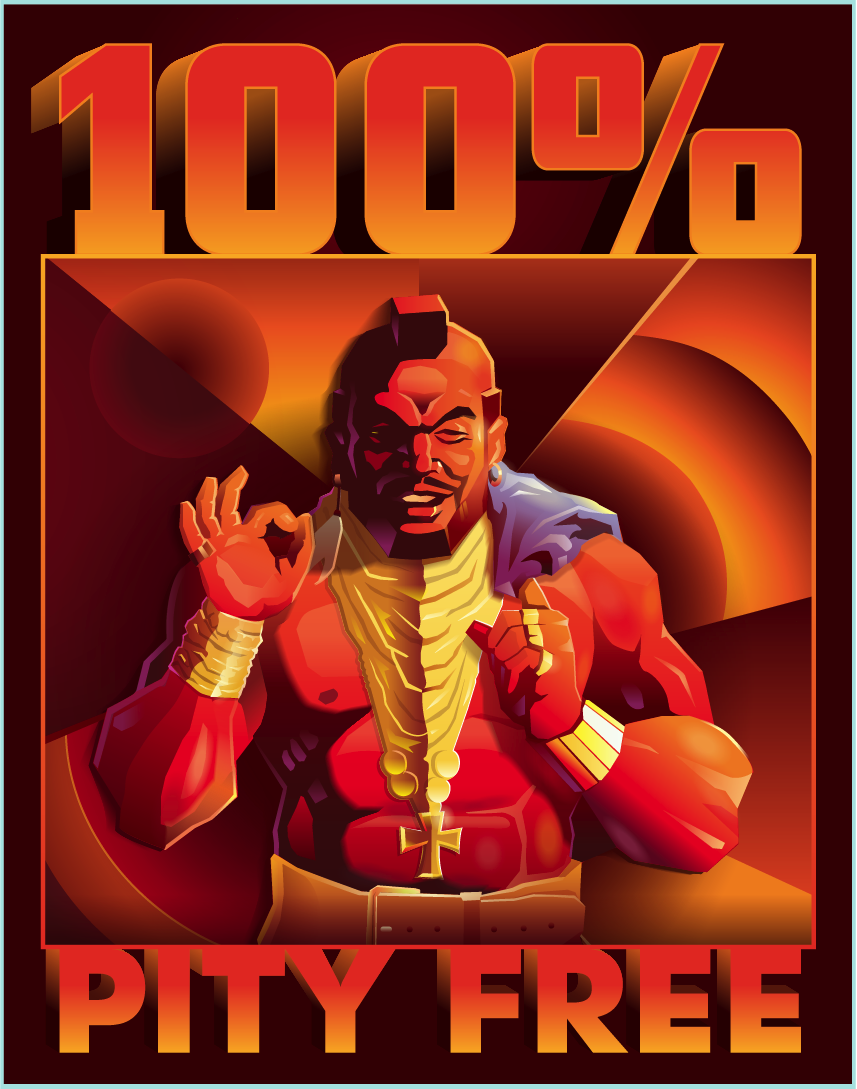Krapp’s Last Tape is the love of oneself. The love
accompanying the hatred of ones existence. A lonely aging cynic struts around
his dim lit room eating bananas; up there with pomegranates in pageant for
‘Most Salacious Fruit’. What I will assume, perhaps falsely, is that it was
lust summoning the desire to recall past memory. He questions the contents of
the ledger. Things like, “memorable equinox” don’t seem to be ringing any
bells. Though he is stunned as he finally reads, “Good bye……love.” I would argue
that those inclined to lust are as well inclined towards ‘sensational
self-pity’ of one sort or another. What I mean by this is, he is a self-hating hedonist. Which pursuits does
Krapp seem to be staying alive for? He drinks constantly and maintains a steady
diet of victual bananas; has been for thirty+ years knowing full well that he
should be doing a lot less of both. These are pleasure drives of the body.
Another is sexual desire. Our man is Krapp, full of both.
But a man past his prime, lonely in
his bitterness, stays alive only by a romantic egoism. It is epideixis at
large. It explains the innumerable tins of tapes of personal narration. He even
says on box-3-spool-5 that he was listening to an earlier year before the
recording. Reveling in the sultry tenor of his own voice. Now if I can speak
from personal experience: there isn’t a thing the self-pitied loves more than
the wrenching heartbreak of lost love. Chewing the cud of that memory is enough
to keep men alive. For men must have a justification for sadness, and women are
the greatest source of sadness and a justification there of. It was the
recollection of love lost that sent him towards the tape, not because he felt
so deeply for this woman, but because it was a woman and it was over. When you
feel nothing, an emotional vacuum, even self directed loath is pleasurable.
It reminds me of Cormac McCarthy’s,
The Sunset Limited, in which White
says, “If people saw the world for what it truly is. Saw their
lives for what they truly are. Without dreams or illusions. I don't believe
they could offer the first reason why they should not elect to die as soon as
possible.” Krapp has nothing left to live for, but he is struggling between a
world of illusions and the world for what it is. He fast forwards through the
revelation that drove him thirty years prior to make a recording that night.
There must be something on there that he does not want to realize he remembers.
All he wants to do is remember the love that he lost and how it troubled him,
troubles him, aches and burns, rekindling the love of the jaded ego and ever
perpetuating the reasonable life.
John Hurt, in his rendition, is, I believe, groping the tape
recorder, as it plays:
“I said I thought
it was hopeless and no good going on and she agreed, without opening her
eyes... I asked her to look at me and after a few moments-- after a few moments
she did, but the eyes just slits, because of the glare. I bent over to get them
in the shadow and they opened... Let me in... We drifted among the
flags and stuck. The way they went down, sighing, before the stem. I lay down
across her with my face in her breasts and my hand on her. We lay there without
moving. But under us all moved, and moved us, gently, up and down, and from
side to side... Past midnight. Never knew such silence. The earth might be
uninhabited.”


